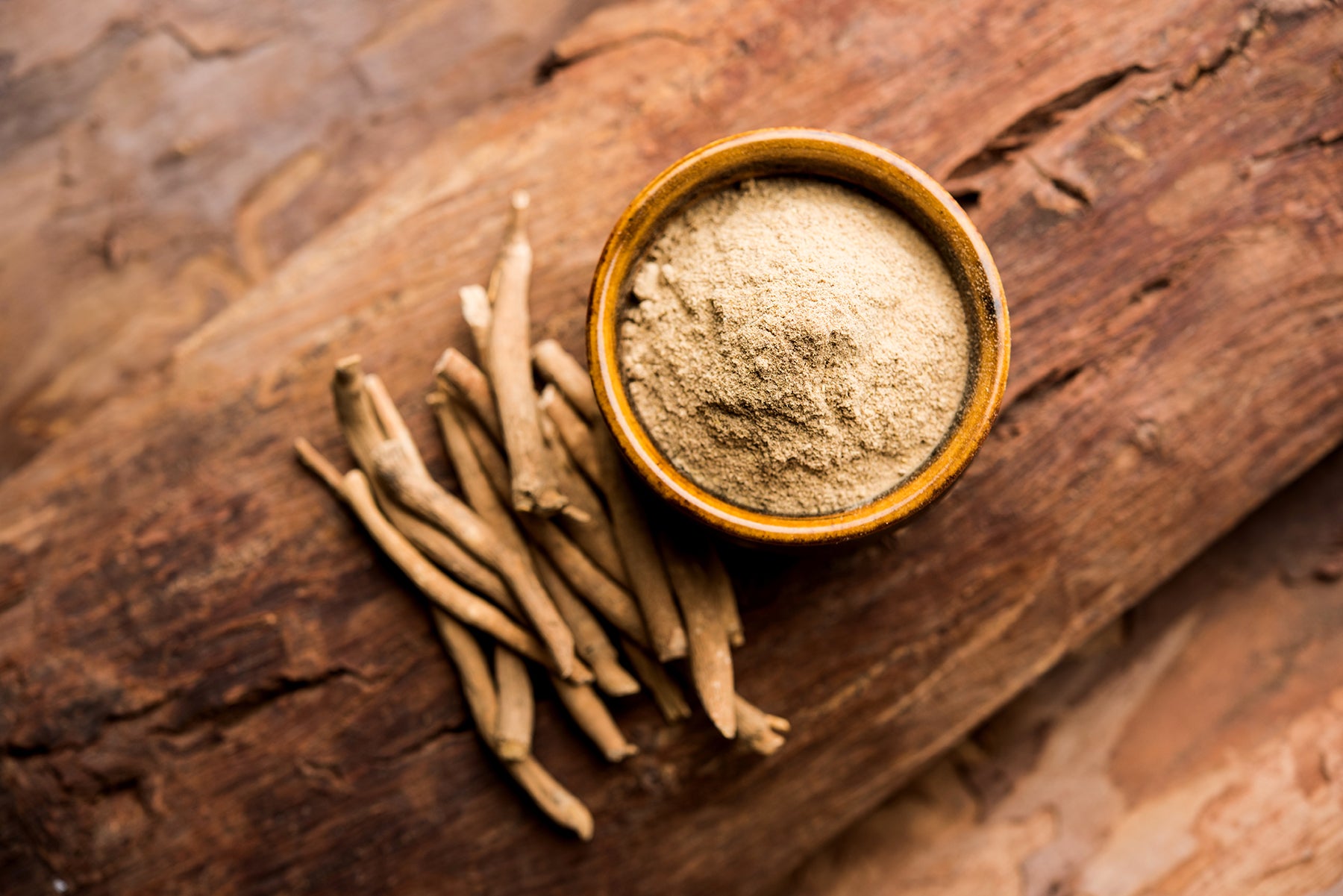
Benefits of Ashwagandha: a traditional plant of Ayurveda
Ashwagandha is a medicinal herb that has been used for thousands of years in Ayurvedic medicine, originating in India. It is considered an adaptogenic plant, meaning that it can help the body deal with stress and anxiety, as well as promoting emotional and physical balance.
Its name is believed to mean "the smell of the horse" in Sanskrit, due to the odor that its roots emit and its association with the strength and vigor of the animal. Its scientific name is Withania somnifera and it is native to India, the Middle East, and parts of Africa. It is also known as Indian ginseng or winter cherry.

Over the years, ashwagandha has been used to treat a variety of conditions, from fatigue and stress to insomnia, inflammation, depression, and arthritis. Currently, its health benefits have been proven by scientific studies.
In Ayurveda, ashwagandha is used to balance the three doshas of the body: vata, pitta, and kapha. It is often used in combination with other adaptogenic herbs to help improve overall health and well-being.
The health benefits of ashwagandha are supported by scientific evidence:
-
Reduction of stress and anxiety
It has been shown to reduce cortisol levels, which is the hormone responsible for stress. In a study published in the Journal of Alternative and Complementary Medicine, participants who took ashwagandha had significantly lower cortisol levels compared to those who took a placebo [1]. This may help reduce anxiety and improve overall mood.
-
Improve brain function
It has been shown to improve cognitive function, including memory, attention, and reaction time. In a randomized, double-blind, placebo-controlled study, participants who took ashwagandha significantly improved cognitive function compared to those who took a placebo [2].
-
Boost immunity
It has immunomodulatory effects, which means it can help regulate the immune system and improve overall immunity. In a study published in the Journal of Ethnopharmacology, ashwagandha extract demonstrated an increase in the activity of natural killer cells, which are an important part of the immune system [3].
-
Increase endurance and vigor
It has been shown to improve physical performance, including endurance and stamina. In a study published in the International Journal of Ayurveda Research, participants who took ashwagandha significantly improved their endurance compared to those who took a placebo [4].
-
Reduction of cholesterol and blood sugar levels
In some studies, it has been shown to lower cholesterol and blood sugar levels. In a study published in the Journal of Dietary Supplements, participants who took ashwagandha had significantly lower levels of total cholesterol and triglycerides compared to those who took a placebo [5]. In another study published in the Indian Journal of Clinical Biochemistry, participants who took ashwagandha had significantly lower fasting blood sugar levels compared to those who took a placebo [6].
-
Improvement of fertility
-
Control of arthritis and inflammation
It has anti-inflammatory properties that can help reduce inflammation and pain associated with arthritis and other inflammatory conditions. In a study published in the Journal of Ayurveda and Integrative Medicine, participants with osteoarthritis who took ashwagandha had a significant reduction in pain and improved physical function compared to those who took a placebo [9].
How to take Ashwagandha

-
Powder
-
Capsules
-
Tea
-
Tincture
References:
[1] Chandrasekhar, K., Kapoor, J., & Anishetty, S. (2012). A prospective, randomized, double-blind, placebo-controlled study on the safety and efficacy of a high-concentration full-spectrum extract of ashwagandha root in reducing stress and anxiety in adults. Journal of Alternative and Complementary Medicine, 18(5), 1-9. doi: 10.1089/acm.2011.0367.
[2] Choudhary, D., Bhattacharyya, S., & Bose, S. (2017). Efficacy and safety of ashwagandha (Withania somnifera (L.) Dunal) root extract in improving memory and cognitive functions. Journal of dietary supplements, 14(6), 599-612. doi: 10.1080/19390211.2017.1284970.
[3] Davis, L., Kuttan, G., & Thangam, R. (2008). Immunomodulatory activity of Withania somnifera. Journal of Ethnopharmacology, 115(2), 249-256. doi: 10.1016/j.jep.2007.10.027.
[4] Singh, N., Bhalla, M., de Jager, P., & Gilca, M. (2011). An overview on ashwagandha: A Rasayana (rejuvenator) of Ayurveda. African Journal of Traditional, Complementary, and Alternative Medicines, 8(5S), 208-213. doi: 10.4314/ajtcam.v8i5S.9.
[5] Raut, A., Rege, N., Tadvi, F., Solanki, P., Kene, K., Shirolkar, S., ... Vaidya, R. (2012). An exploratory study to evaluate tolerability, safety, and activity of Ashwagandha (Withania somnifera) in healthy volunteers. Journal of Ayurveda and Integrative Medicine, 3(3), 111-114. doi: 10.4103/0975-9476.100168.
[6] Udayakumar, R., Kasthurirengan, S., Mariashibu, T., Rajesh, M., Anbazhagan, V., & Kim, S. (2010). Hypoglycemic and hypolipidemic effects of Withania somnifera root and leaf extracts on alloxan-induced diabetics. International Journal of Molecular Sciences, 11(5), 2069-2080. doi: 10.3390/ijms11052069.
[7] Ambiye VR, Langade D, Dongre S, Aptikar P, Kulkarni M, and Dongre A. "Clinical evaluation of the spermatogenic activity of the root extract of Ashwagandha (Withania somnifera) in oligospermic males: a pilot study." Evidence-based complementary and alternative medicine, vol. 2013, 571420, 2013.
[8] Sharma AK, Basu I, and Singh S. "Efficacy and safety of Withania somnifera (Ashwagandha) root extract in improving sexual function in women: A pilot study." Journal of alternative and complementary medicine, vol. 23, no. 8, pp. 686-691, 2017.
[9] Chopra, B., et al. "Efficacy and safety of Withania somnifera (Ashwagandha) root extract in patients with knee joint pain: a randomized, double-blind, placebo-controlled trial." Journal of Ayurveda and Integrative Medicine 10.3 (2019): 187-193.
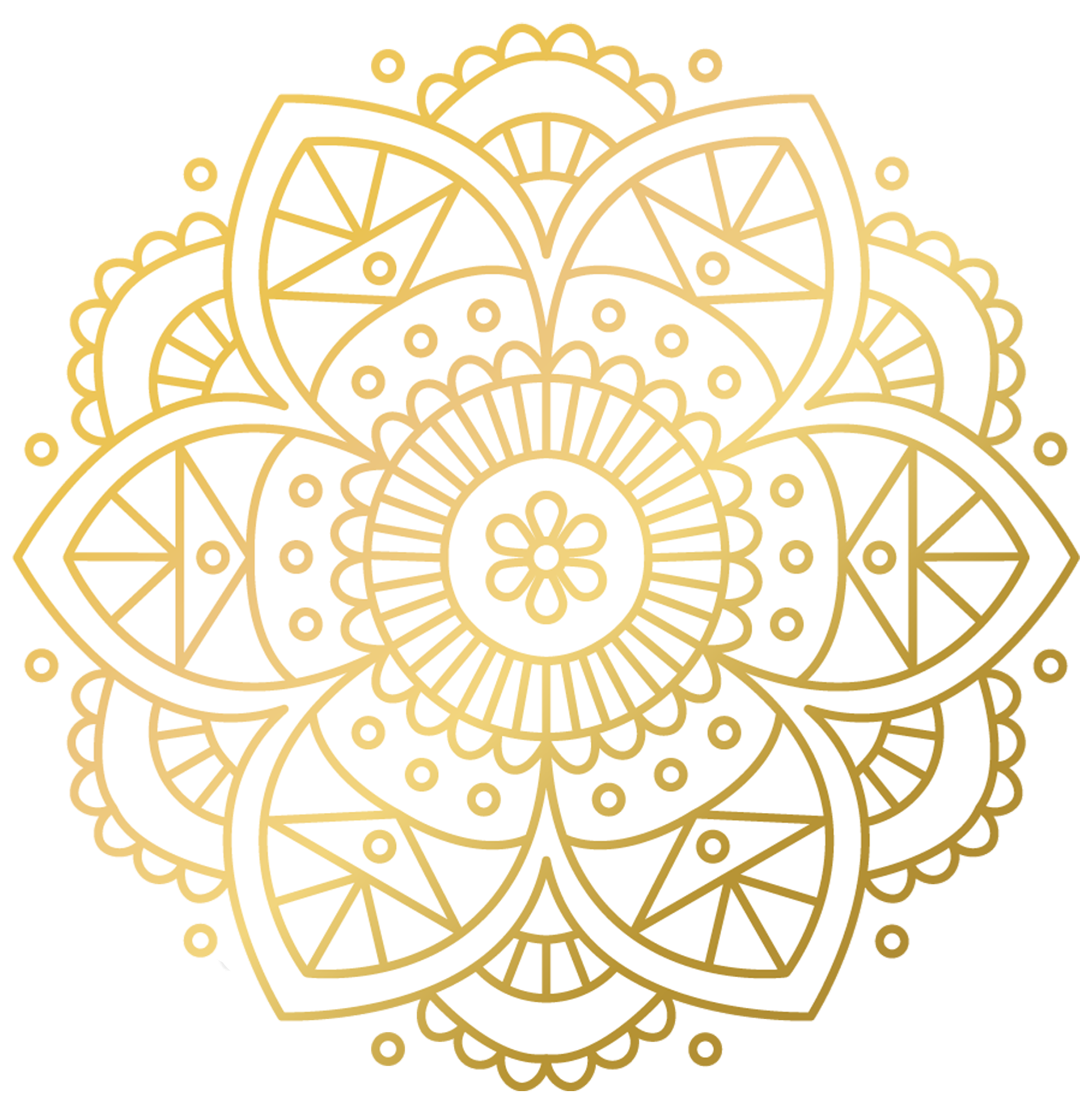




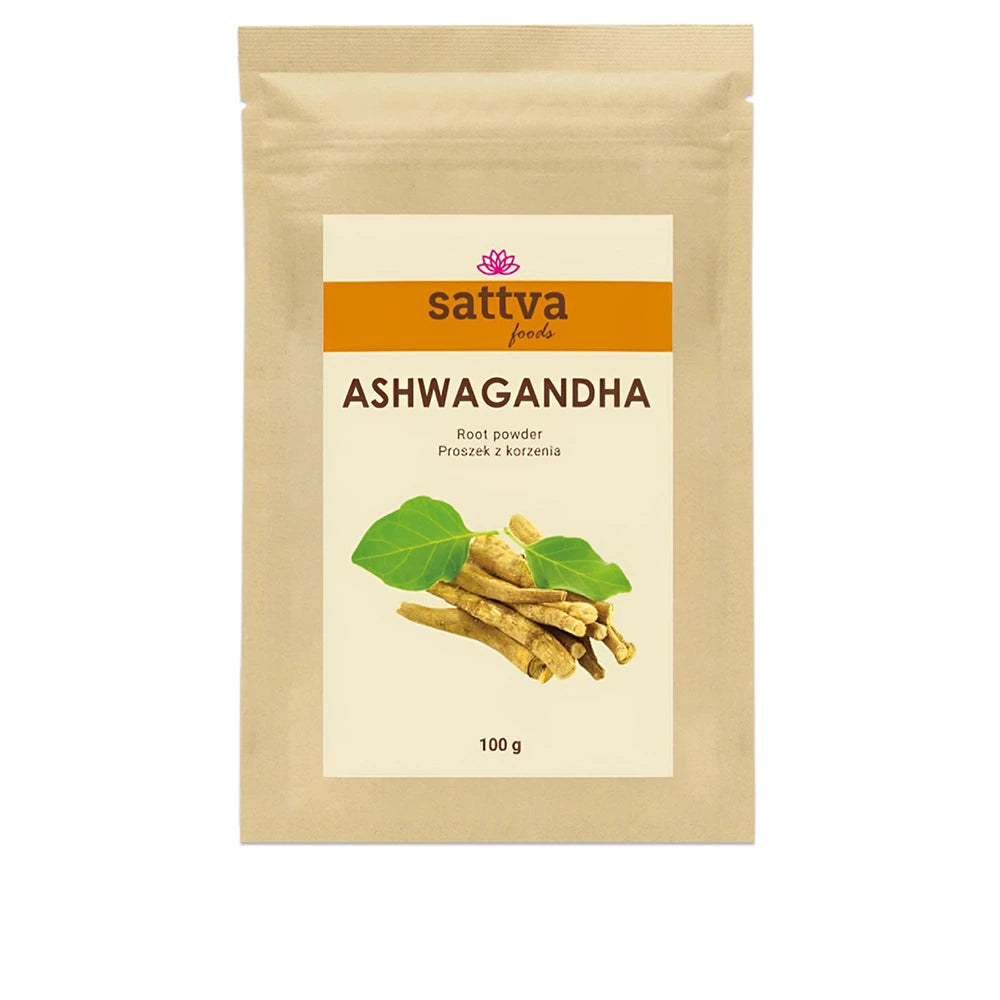
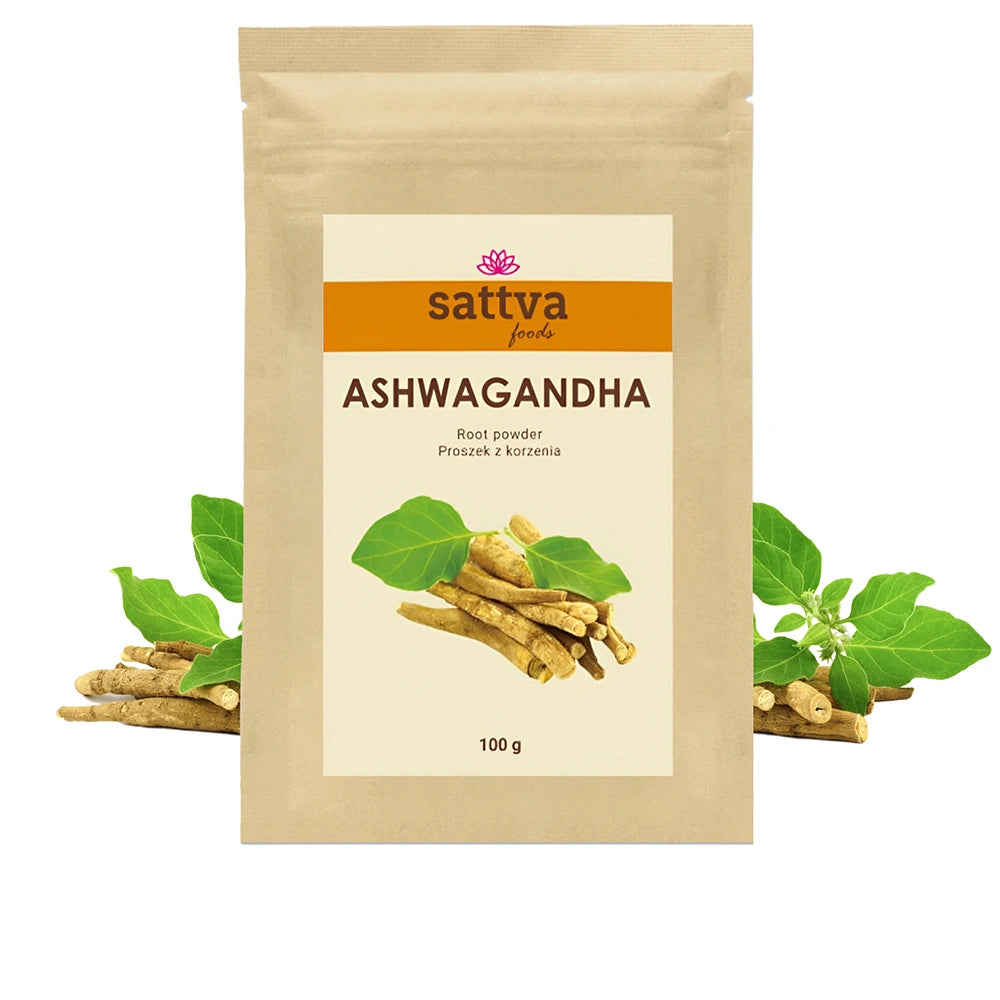
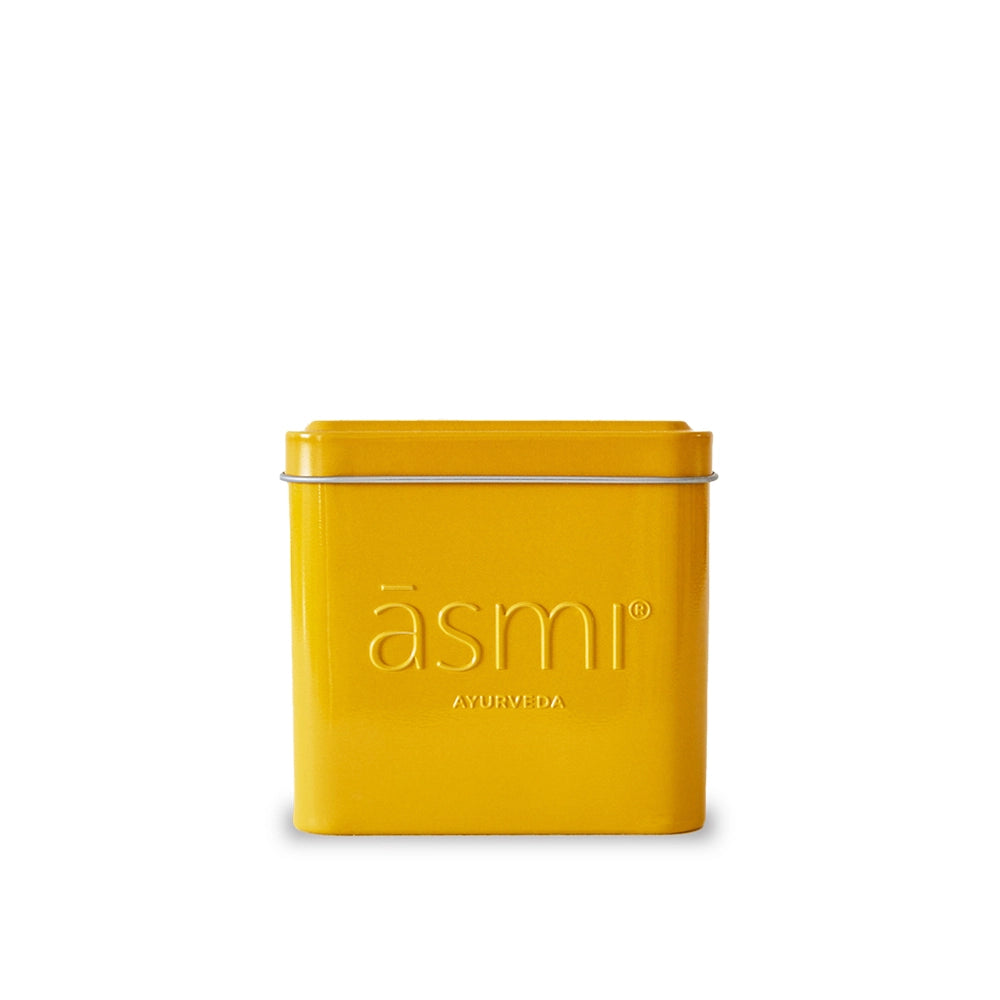
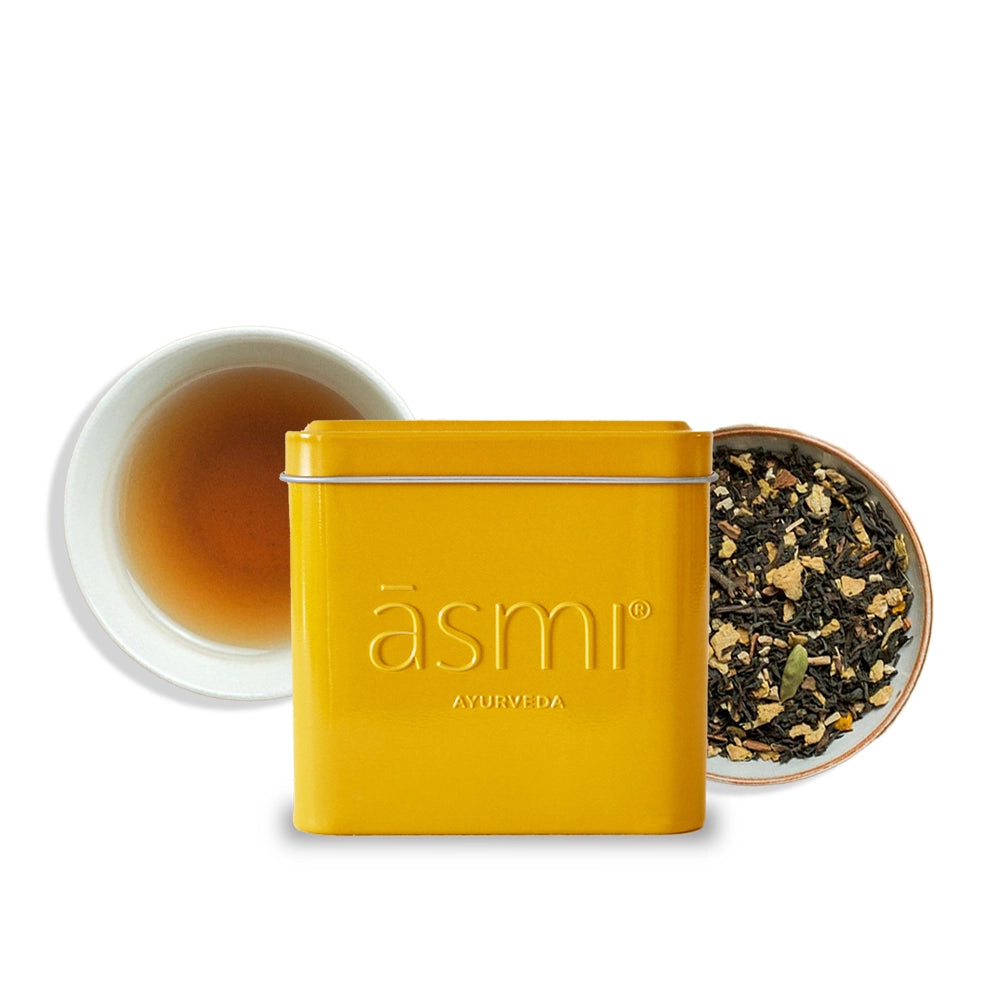
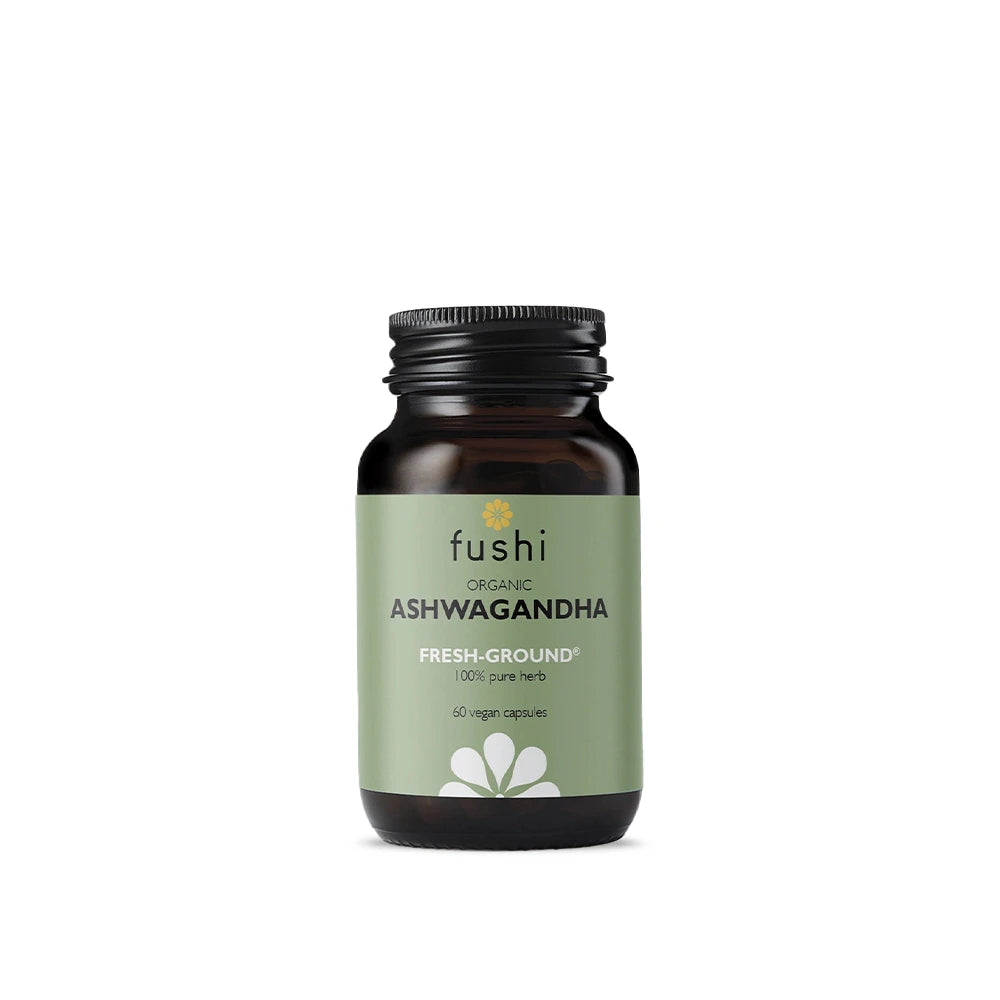
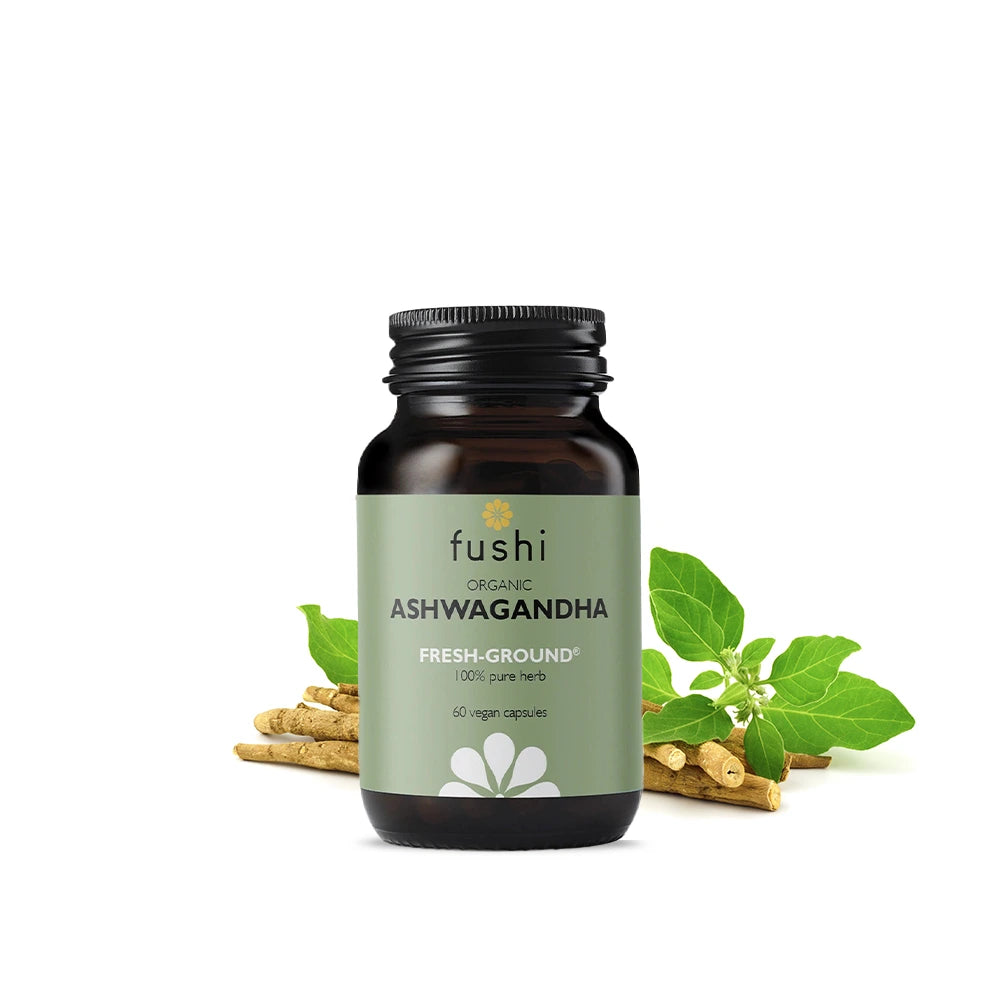
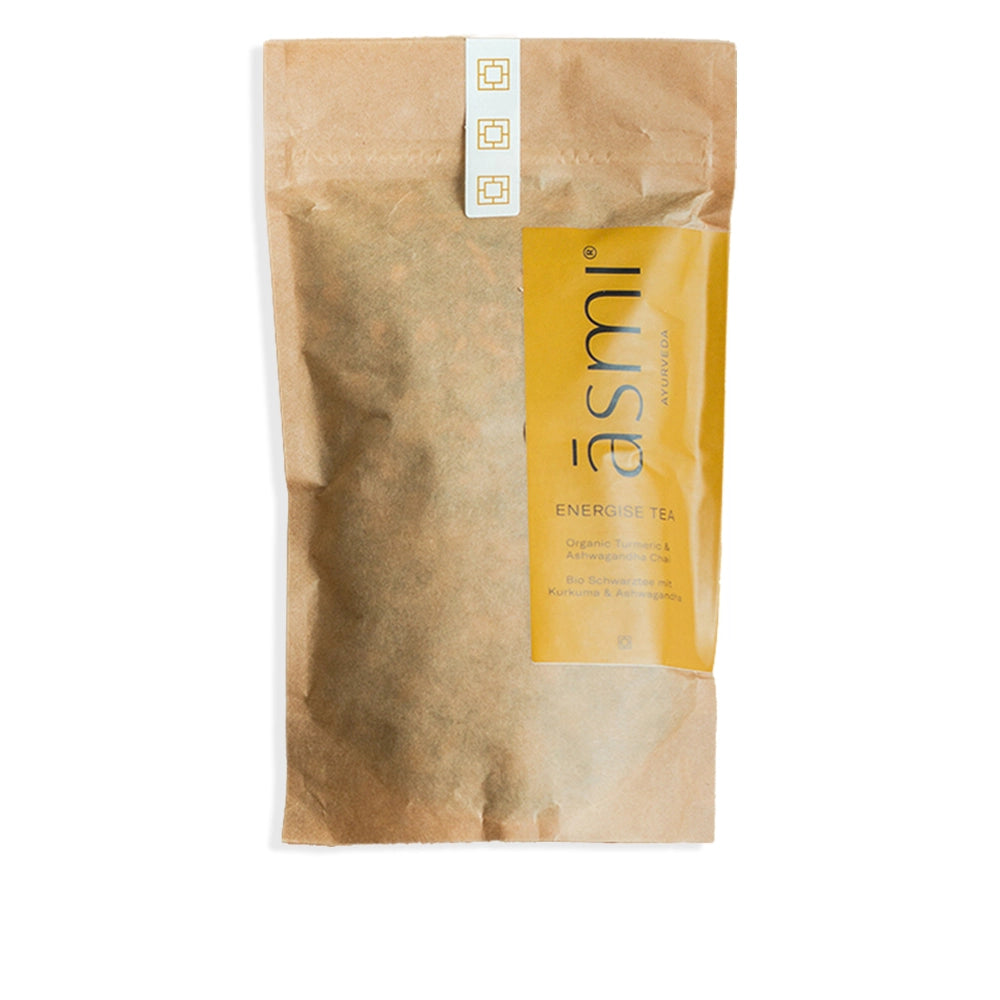
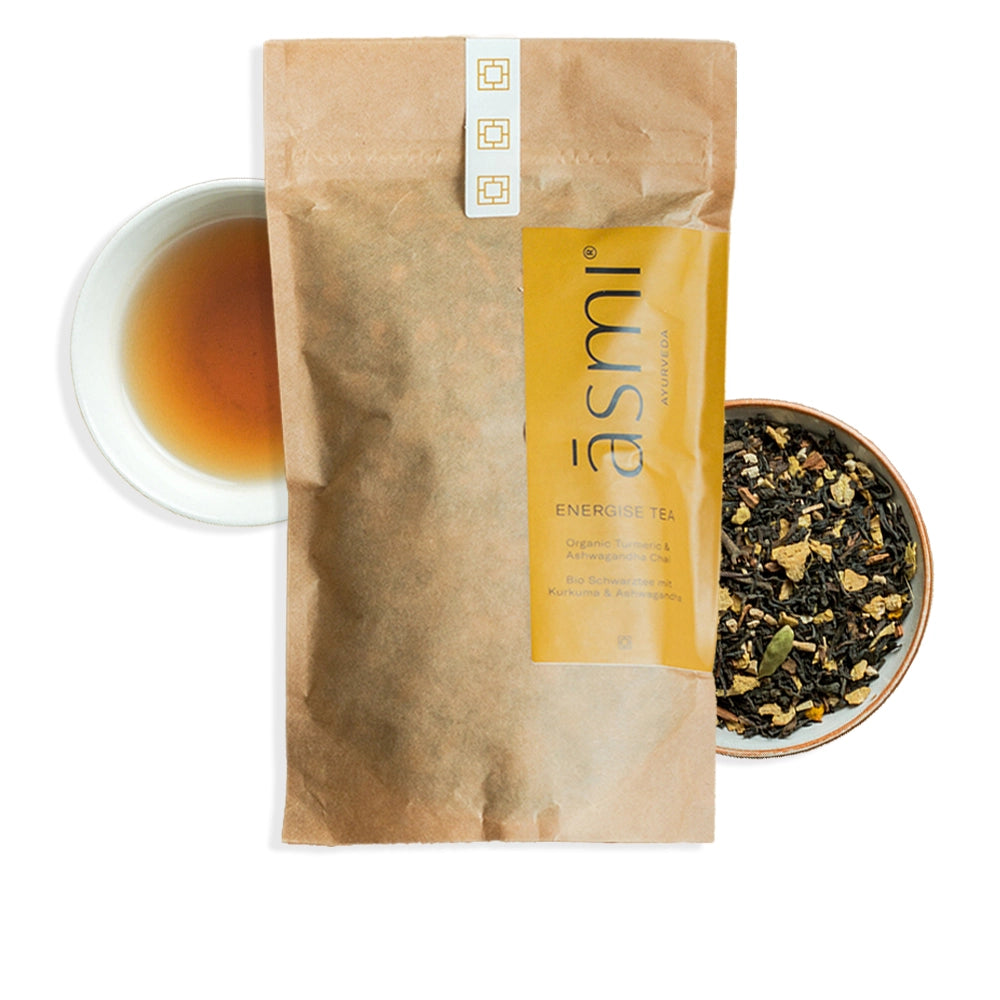
Leave a comment
This site is protected by hCaptcha and the hCaptcha Privacy Policy and Terms of Service apply.